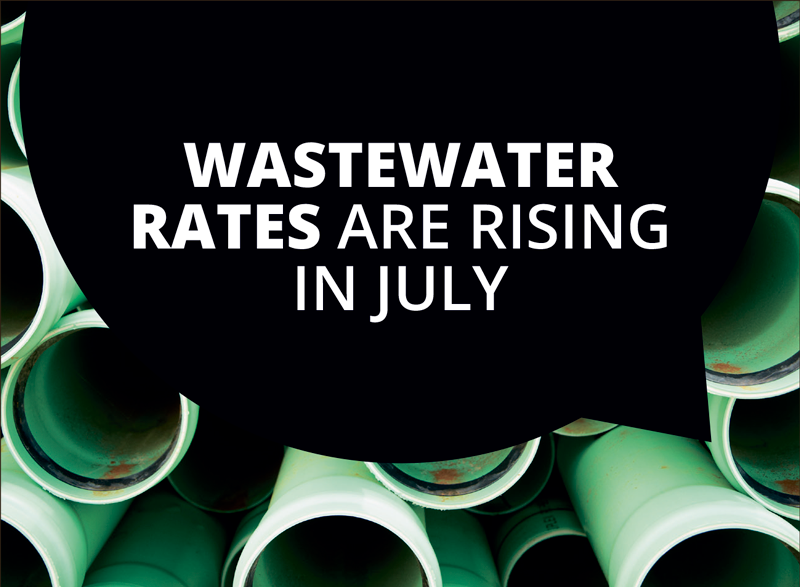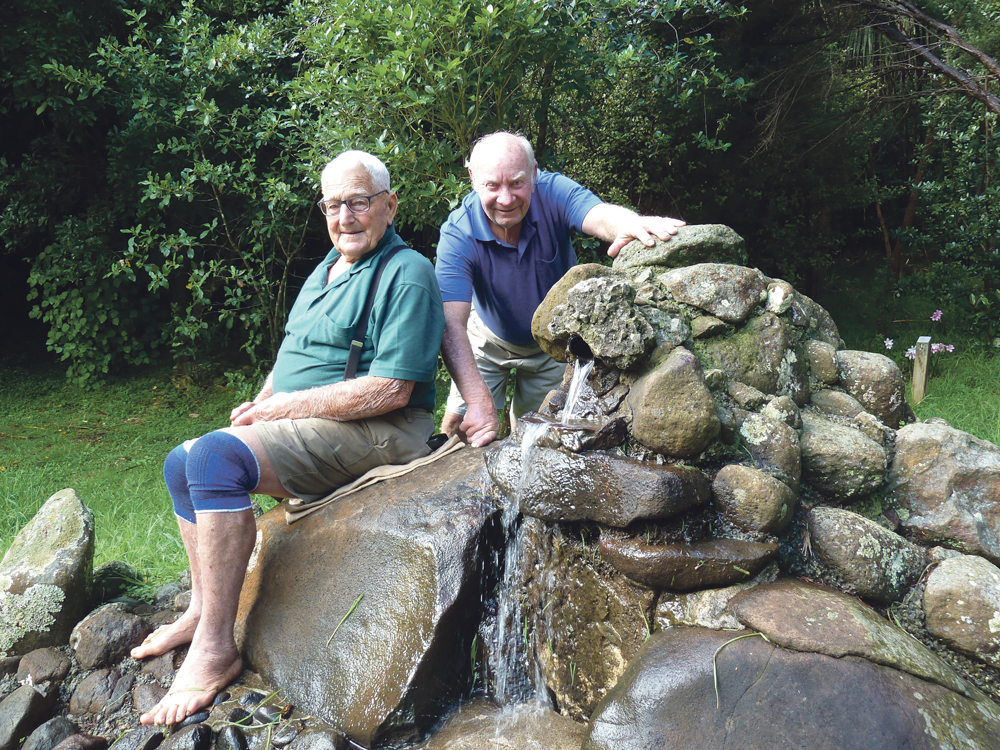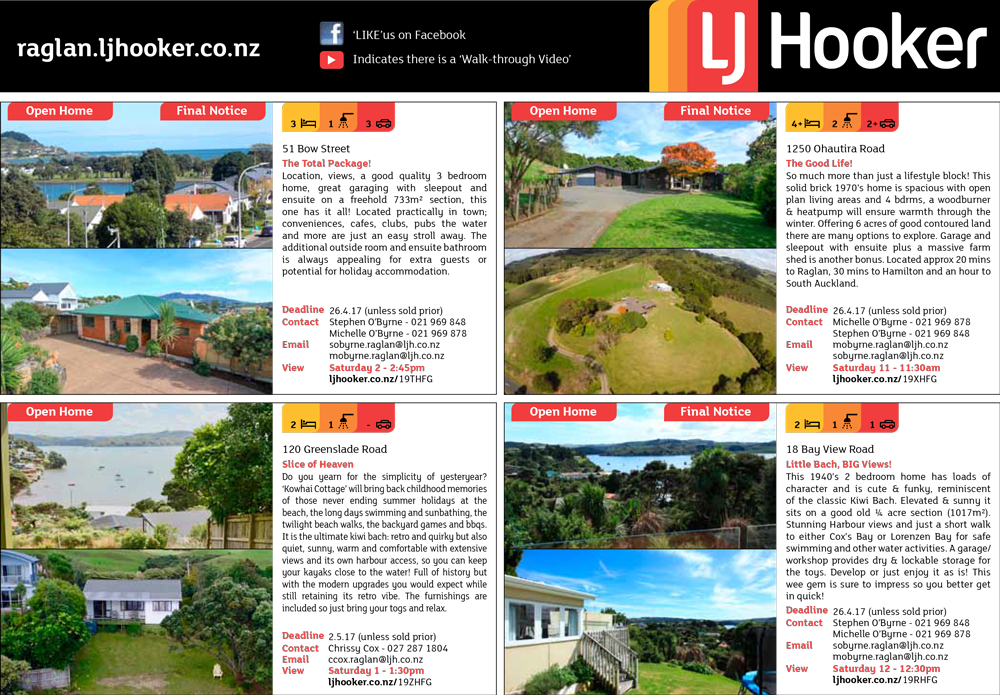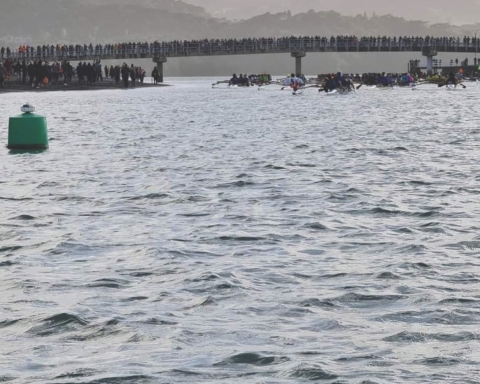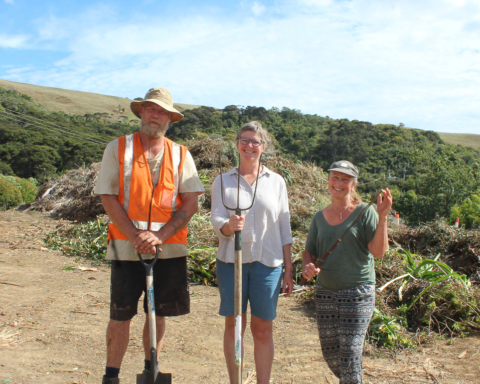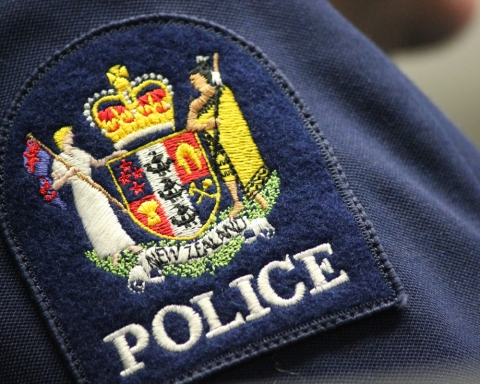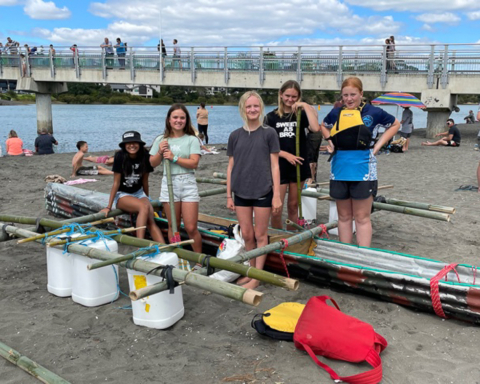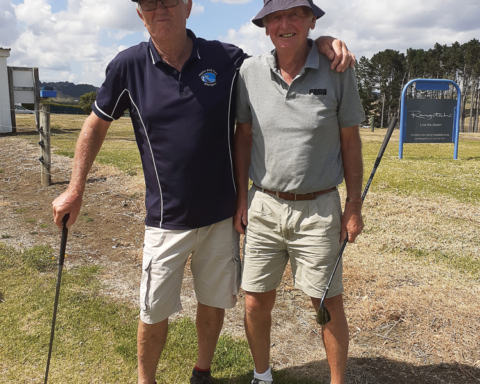The cost of wastewater rates in Raglan will increase between $124 and $180 from July 1 as council makes changes to reduce the risk of sewage spills into the environment.
The Waikato District Council is seeking feedback from the 11,0000 ratepayers who use its wastewater services on a programme of works, with three options presented for consideration.
Mayor Allan Sanson said three sewage spills in Raglan Harbour in four months last year was a major wakeup call, and the council acknowledged that it had considerable work to do to restore public confidence in the management of its wastewater schemes.
“We have spent considerable time and money to commission an independent investigation of the wastewater services we provide, and we now present you with some options to consider for the year ahead.”
Everyone who pays a wastewater rate will have received an Annual Plan 2017/2018 consultation document in the post regarding the significant changes the council is proposing to its Long Term Plan 2015-2025.
Across the district, rates will rise from between $47 and $254, depending on the choices made and where ratepayers live. Currently there are five different rates for wastewater across the district and council is in the process of aligning them into a single rate. In Raglan, that will mean a rates rise of $124.69 for option one, $156.05 for option two, and $180.09 for option three.
Council has already committed an extra $1.76 million on jetting clean a proportion of its town networks (50% in Raglan, 10% elsewhere), improving the link to Raglan of the computer monitoring system, two additional generators and a public education programme starting in Raglan, which will add $67.82 to targeted wastewater rates for 2017/18 (currently $752.68).
Option one then also includes maintenance and separating the water supply and wastewater services, which would lift the increase to $112.58 – up to $865.26.
This option does not offer any improvements to performance levels in wastewater services, so the council’s current target of five spills per 1000 connections in dry weather per year would remain.
Options two and three include the works programme of option one, and: expanding the education programme to district-wide; accelerating work to prevent stormwater infiltration of networks (option three only); expanding pump station storage; ensuring standby generators are available 24/7 district-wide; a full upgrade of the computer monitoring and alarm system; investigating resource consent options for emergency overflows to mitigate legal risk and costs; and further jetting/CCTV work.
The main difference between options two and three is the amount of jetting/CCTV work (cleaning and data collection) to be invested, with option two concentrating only on assets 100m from a waterway and option three targeting a district-wide approach.
Option two will add $143.94 to the 2017-18 targeted rate of $752.68 (to $896.62) while option three will cost an extra $167.98 (to $920.66) – a difference of $24 per ratepayer, however the consultation document warns that option three could result in greater spends in the future in order to meet increased performance targets.
Changes to performance-level targets is not part of this consultation process – but option two would allow council to develop wastewater improvement plans with a vision to introduce a new performance target of no more than three overflows per 1000 connections in dry weather per year; and option three a performance target of no more than one spill per 1000 connections.
If council chooses to improve its performance levels – which will require further consultation prior to developing the Long Term Plan 2018-2028 – then wastewater rates will rise again in 2018/2019 depending on the work required to achieve the new targets.
The best “guesstimates” would see further increases of $27 for option one (from $865.26 to $892.95), $124 for option two ($896.62 to 1021.29) and $225 for option three ($920.66 to $1146.20) in the following year.
Council’s recommendation is to pursue the works programme of option two because “it balances future environmental protection with affordability”.
The consultation document is available at the council’s offices and libraries, or online.
Feedback (submissions) can be given by post, email, online or in person by 5pm, Monday, May 8. A hearing will be held on, or around, May 30-31.
